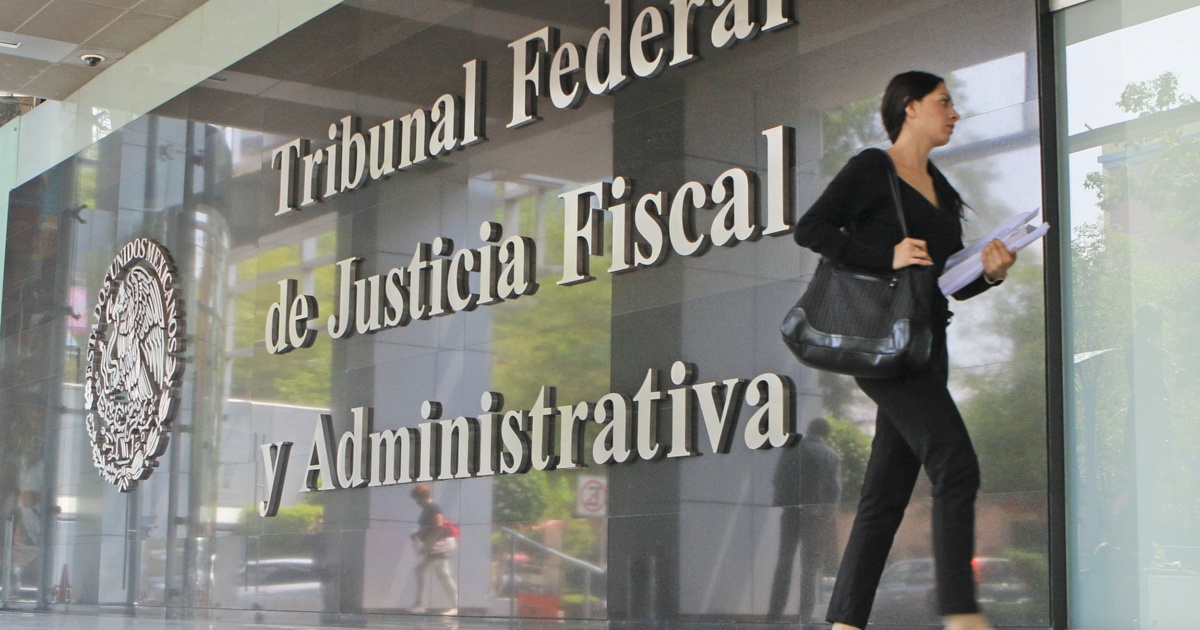From 2019 to August 2023, there were 502 administrative liability proceedings for civil servants, of which 483 (96.21%) were closed, while 19 (3.78%) were pending, according to data from the Federal Court of Justice. TFJA).
Of the 502 proceedings initiated in the TFJA in the mentioned period, 489 (97.41%) related to illegal actions related to the initiation, modification or conclusion of asset declarations.
Specifically, these are cases associated with the omission or late delivery of the property declaration with a total of 230 cases (45.81%); 172 (34.26%) were associated with a delay or omission of the original declaration, while 87 (17.33%) were due to an omission in the submission of the final declaration of assets.
While 13 out of 502 have to do with crimes such as loss of documentation (1); omissions and irregularities in the property declaration (1); omission of alleged administrative irregularities resulting from the performance of their duties (1); committing alleged administrative irregularities resulting from the performance of their duties (1); sexual harassment (1); irregularities after internal audit (1); inconsistency in patrimonial evolution (1); embezzlement (1); non-fulfilment of the service entrusted to the civil servant (1); irregularities in the car maintenance process (1).
Apart from another case which was based on the report of the Chief Audit of the Federation on the occasion of the 2016 Chief Audit of Public Accounts; another case of an official who did not behave with respect and another case was for failure to process a previous investigation.
The federal Civil Servant Accountability Act states that if a civil servant fails to submit a corresponding statement within the specified period, his employment, position or authority will be suspended for a period of fifteen to thirty calendar days.
In case of persistent omission, the public service may declare the appointment or contract invalid.
While embezzlement is defined under the federal criminal code as the embezzlement or misuse of state resources by those responsible for their management and protection.
Penalties for embezzlement vary depending on the amount of funds diverted, ranging from three months to 14 years in prison, in addition to fines ranging from 30 to 150 days. In cases where federal public safety grants are used, penalties can increase by up to a third.
Minor offenses
Issa Luna Pla, a transparency and corruption researcher at UNAM, argued that administrative errors related to the late submission of declarations are not necessarily linked to substantive acts of corruption such as fraud, conflict of interest or collusion.
The specialist warned that instead of effectively fighting corruption, these cases may indicate a preference for prosecuting minor crimes that do not have a direct impact on the state treasury and do not reveal deeper corrupt practices.
What we continue to have is a sign that simulation prevails and impunity prevails, so simulation (of fighting corruption) prevails,” he commented.
For his part, Eduardo Bohórquez, executive director of Transparencia Mexicana, assured that the increase in the number of proceedings reflects the efforts of the Ministry of Public Service and, to a lesser extent, the Federation’s Auditor General to investigate irregularities. detected.
However, he emphasized that real effectiveness in the fight against corruption is achieved only when the charges brought by these entities are supported by an administrative court and a final decision is issued.
In addition, he advocated better coordination between auditors and courts.
arturo.rojas@eleconomista.mx

